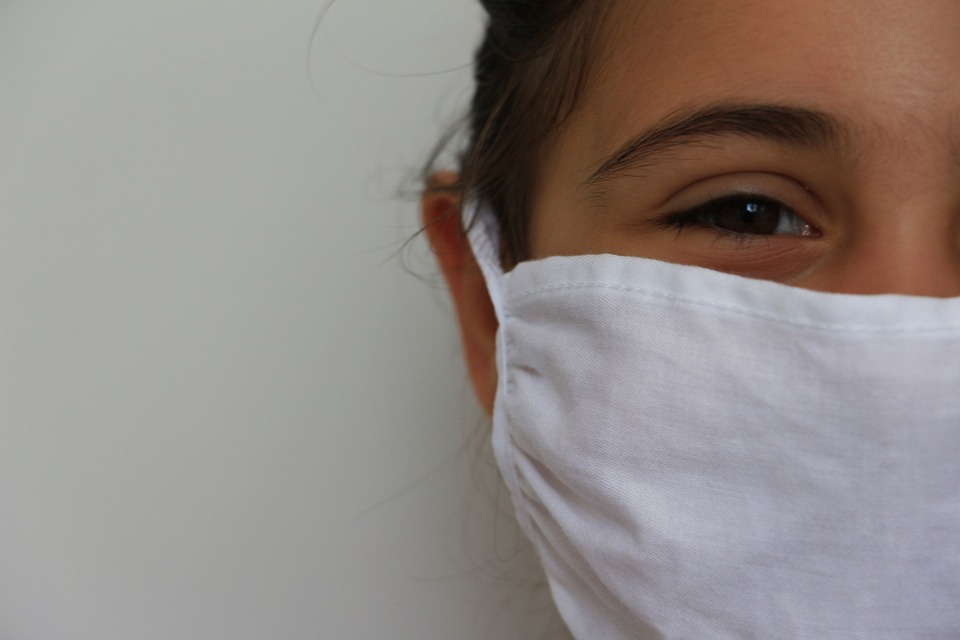Have you ever wondered about the connection between your gut and your respiratory system? It turns out that the microbes in your gut play an important role in your respiratory health. And that’s where probiotics come in.
Probiotics are live microorganisms that provide numerous health benefits when consumed in adequate amounts. They are commonly found in fermented foods like yogurt, kefir, kimchi, and sauerkraut, as well as in supplement form. Probiotics are known to improve gut health and boost the immune system, but their benefits extend beyond the gut.
Recent research suggests that probiotics can help prevent and treat respiratory infections, asthma, and allergies. In this blog, we’ll explore the link between probiotics and respiratory health and how you can incorporate them into your diet to support your lung function.
How Probiotics Affect Respiratory Health
The respiratory tract is a complex system of organs and tissues that work together to allow us to breathe. It includes the nose, throat, larynx, bronchi, and lungs. These organs are home to a diverse community of microorganisms, known as the respiratory microbiome. Like the gut microbiome, the respiratory microbiome plays a crucial role in maintaining our health.
Research shows that the respiratory microbiome is influenced by the gut microbiome. When the gut microbiome is disrupted, it can affect the respiratory microbiome, making us more susceptible to respiratory infections and diseases.
Probiotics can help maintain a healthy gut microbiome, which in turn supports a healthy respiratory microbiome. Studies have shown that probiotics can reduce the risk of respiratory infections, improve lung function, and alleviate symptoms of asthma and allergies.
Probiotics and Respiratory Infections
Respiratory infections, such as the common cold, flu, and pneumonia, are caused by viruses or bacteria that infect the respiratory tract. They can be highly contagious and can spread easily from person to person.
Several studies have shown that probiotics can help prevent respiratory infections by boosting the immune system. A review of 14 randomized controlled trials found that probiotics reduced the incidence and duration of respiratory infections in children and adults. Another study found that probiotics reduced the risk of upper respiratory tract infections in marathon runners.
Probiotics can also help treat respiratory infections by reducing inflammation and promoting the growth of beneficial bacteria in the gut and respiratory tract. A study of patients with chronic obstructive pulmonary disease (COPD) found that probiotics reduced the frequency and severity of exacerbations, or flare-ups of symptoms.
Probiotics and Asthma
Asthma is a chronic respiratory disease characterized by inflammation and narrowing of the airways. It affects more than 300 million people worldwide and is a leading cause of morbidity and mortality.
Research suggests that probiotics can help alleviate symptoms of asthma by reducing inflammation and regulating the immune system. A review of 20 randomized controlled trials found that probiotics improved lung function and reduced asthma symptoms in both children and adults.
One study found that a specific strain of probiotics, Lactobacillus rhamnosus, reduced the risk of developing asthma in children at high risk of the disease. Another study found that probiotics reduced the severity of asthma symptoms in adults with mild to moderate asthma.
Probiotics and Allergies
Allergies are a common respiratory condition characterized by an abnormal immune response to harmless substances, such as pollen, dust mites, and pet dander. They affect millions of people worldwide and can cause a range of symptoms, from sneezing and itching to anaphylaxis, a severe and potentially life-threatening reaction.
Research suggests that probiotics can help prevent and treat allergies by regulating the immune system and reducing inflammation. A review
of 23 randomized controlled trials found that probiotics reduced the risk of developing eczema, a type of allergic skin condition, in infants and young children.
Another study found that probiotics reduced the severity of seasonal allergies in adults by modulating the immune response. In particular, the study found that a combination of Lactobacillus acidophilus and Bifidobacterium lactis reduced symptoms of runny nose and itchy eyes in participants with seasonal allergies.
How to Incorporate Probiotics into Your Diet
Now that you know the benefits of probiotics for respiratory health, you may be wondering how to incorporate them into your diet. Here are some tips:
- Eat fermented foods: Fermented foods like yogurt, kefir, kimchi, sauerkraut, and miso are rich in probiotics. Look for products that contain live and active cultures.
- Take a probiotic supplement: Probiotic supplements are available in capsules, tablets, powders, and liquids. Look for supplements that contain a variety of probiotic strains and at least 10 billion CFUs (colony-forming units) per serving.
- Choose prebiotic foods: Prebiotics are types of fiber that feed the beneficial bacteria in your gut. Foods that are high in prebiotics include bananas, onions, garlic, leeks, asparagus, artichokes, and whole grains.
- Limit processed foods: Processed foods are often low in probiotics and high in sugar, salt, and unhealthy fats, which can disrupt the gut microbiome. Choose whole, nutrient-dense foods instead.
Final Thoughts
The link between probiotics and respiratory health is a fascinating area of research. While more studies are needed to fully understand the mechanisms behind this link, the evidence so far suggests that probiotics can be a valuable tool in preventing and treating respiratory infections, asthma, and allergies.
Incorporating probiotics into your diet is a simple and effective way to support your respiratory health. Whether you choose to eat fermented foods or take a supplement, make sure to choose products that contain a variety of probiotic strains and adequate amounts of CFUs.
By taking care of your gut, you’re also taking care of your respiratory system. So go ahead and add some probiotics to your plate – your lungs will thank you for it.







